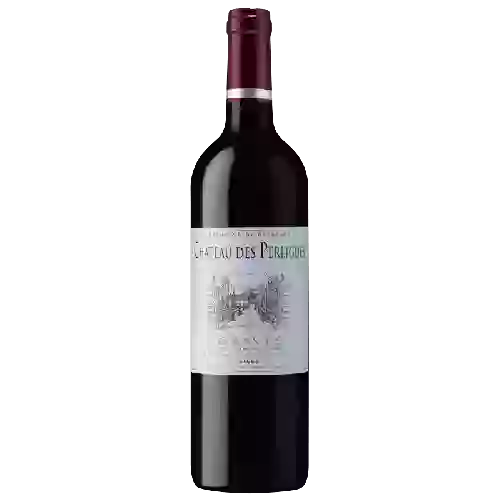The Château la Bastide of Côtes du Marmandais of South West

The Château la Bastide is one of the largest wineries in the world. It offers 7 wines for sale in of Côtes du Marmandais to come and discover on site or to buy online.
Looking for the best Château la Bastide wines in Côtes du Marmandais among all the wines in the region? Check out our tops of the best red, white or effervescent Château la Bastide wines. Also find some food and wine pairings that may be suitable with the wines from this area. Learn more about the region and the Château la Bastide wines with technical and enological descriptions.
How Château la Bastide wines pair with each other generally quite well with dishes of beef, lamb or pork such as recipes of tournedos rossini, traditional tagine (morocco) or cassoulet.
On the nose the red wine of Château la Bastide. often reveals types of flavors of cherry, oaky or red fruit and sometimes also flavors of black currant, cheese or non oak.
Côtes du Marmandais is a satellite district of the Bordeaux wine region in Southwest France. It owes its name to the town of Marmande at its centre, which Lies on the North bank of the Garonne. The appellation AOC Côtes du Marmandais covers red, white and rosé wines produced from grapes grown in defined areas of the parishes around Marmande. The Garonne River divides the Marmande district into two Parts, the north and the south, which are eastern extensions of the Entre-deux-Mers and Graves regions respectively.
The northern part has the clay-limestone soils of Entre-Deux-Mers, in which Merlot grows well, while the gravels provide excellent growing conditions for Cabernet Sauvignon and Cabernet Franc. The alluvial silts of the plateaus are also suitable for wine growing. The quality of the wines produced in the Côtes du Marmandais has steadily improved over the last few decades, with the prestige of Bordeaux having reached its current peak and the region having obtained its own appellation contrôlée in 1990. Previously, its wines were labelled with the less prestigious VDQS designation.
How Château la Bastide wines pair with each other generally quite well with dishes of rich fish (salmon, tuna etc), shellfish or vegetarian such as recipes of smoked salmon omelette, shrimp with curry express or quiche with bacon and gruyère cheese.
On the nose the white wine of Château la Bastide. often reveals types of flavors of tropical fruit.
Merlot noir is a grape variety that originated in France (Bordeaux). It produces a variety of grape specially used for wine making. It is rare to find this grape to eat on our tables. This variety of grape is characterized by small to medium sized bunches, and medium sized grapes. Merlot noir can be found in many vineyards: South West, Languedoc & Roussillon, Cognac, Bordeaux, Loire Valley, Armagnac, Burgundy, Jura, Champagne, Rhone Valley, Beaujolais, Provence & Corsica, Savoie & Bugey.
How Château la Bastide wines pair with each other generally quite well with dishes such as recipes .
Solid particles that can naturally coat the bottom of a bottle of wine. It is rather a guarantee that the wine has not been mistreated: in fact, to avoid the natural deposit, rather violent processes of filtration or cold passage (- 7 or - 8 °C) are used in order to precipitate the tartar (the small white crystals that some people confuse with crystallized sugar: just taste to dissuade you from it)
Planning a wine route in the of Côtes du Marmandais? Here are the wineries to visit and the winemakers to meet during your trip in search of wines similar to Château la Bastide.